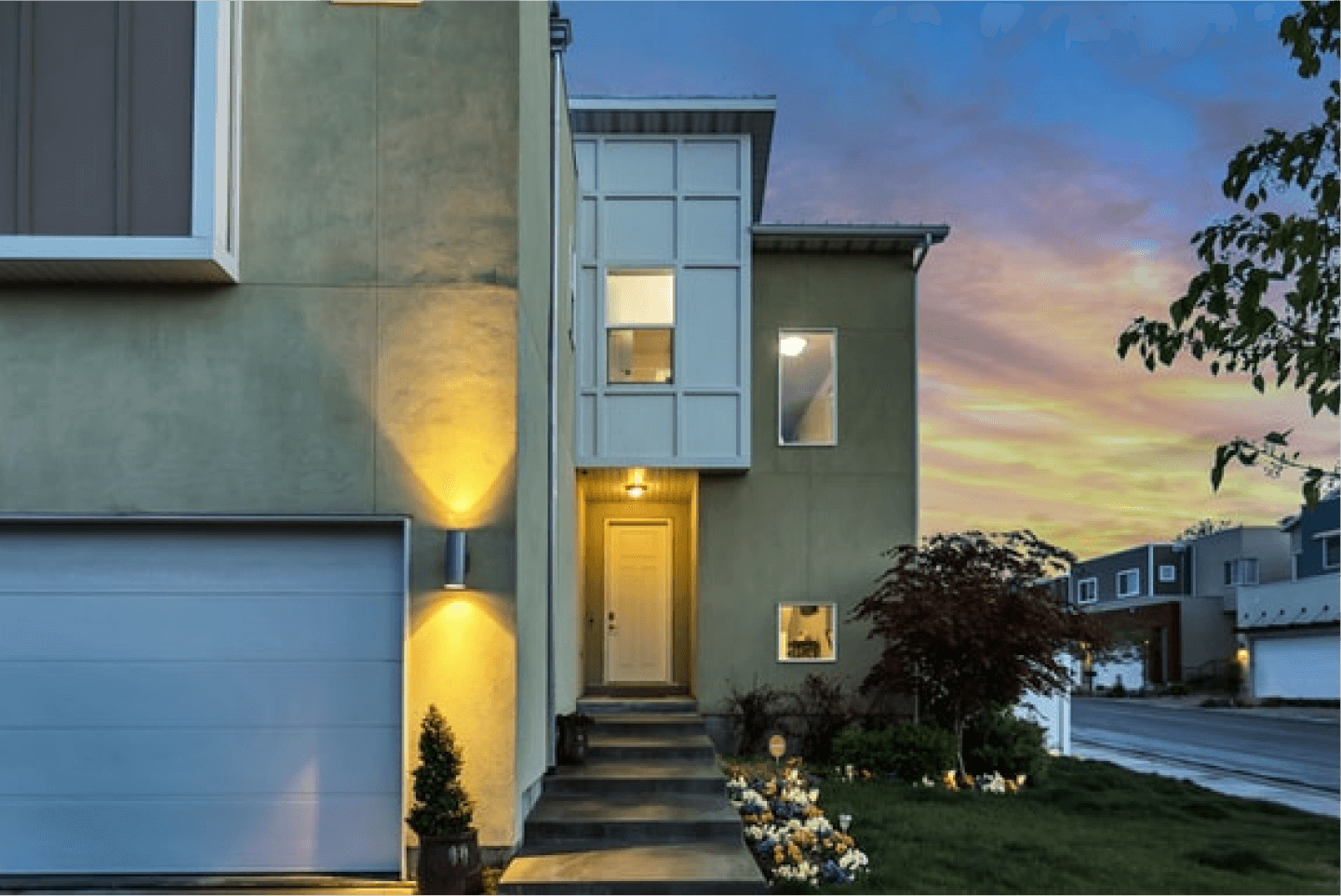Exploring the Realities: Should You Buy a Condo in California?
Thinking about buying a condo in California? Discover the key pros and cons to make an informed choice and navigate the challenges of homeownership with ease.

🏙️ The Pros and Cons of Buying a Condominium in California’s Central Valley and Bay Area
With home prices continuing to rise across California, both the Central Valley and Bay Area are seeing more buyers explore condominiums as a practical, low-maintenance way to enter the market. For some, condos represent an affordable alternative to single-family homes; for others—especially in higher-priced areas like San Jose, Walnut Creek, or Pleasanton—they may be the only realistic path to homeownership.
Condos appeal to first-time buyers, downsizers, and busy professionals who want to enjoy community amenities without the upkeep of a detached home. But before you sign on the dotted line, it’s essential to understand both the advantages and the potential challenges that come with condo ownership.
✅ The Benefits of Condo Ownership
Owning a condominium can offer the perfect mix of affordability, convenience, and lifestyle benefits across both the Central Valley and Bay Area:
Less Upkeep
Your homeowners’ association (HOA) typically handles exterior maintenance, landscaping, roofing, and sometimes even utilities—ideal for those with full schedules or retirees who prefer low-maintenance living.
Affordability
In the Central Valley, condos are often priced well below detached homes, making them an excellent entry point for new buyers. In the Bay Area, condos may still carry a higher price tag, but they can significantly reduce the cost of homeownership compared to single-family homes in cities like Oakland, Fremont, or Santa Clara.
Amenities
Pools, fitness centers, courtyards, and community spaces can enhance your quality of life—offering features you might not afford in a traditional home.
Insurance Simplicity
You’ll typically insure only the interior of your unit (“walls-in”), while the HOA’s master policy covers exterior structures and shared areas—streamlining coverage and potentially lowering premiums.
Location and Security
Condominiums are often built near urban conveniences—restaurants, shopping centers, and public transit. Many are gated or feature controlled access, providing added peace of mind for owners.
⚠️ The Drawbacks to Consider
Condo ownership isn’t for everyone, and understanding the potential risks can help you make an informed decision:
HOA Fees and Rules
Monthly dues vary widely and can increase as properties age or maintenance costs rise. Rules may also limit renovations, short-term rentals, or even flooring types—so it’s crucial to read the fine print.
Potential Litigation
Before making an offer, check for any active lawsuits involving the developer, HOA, or property management. Legal issues can delay financing or reduce resale appeal, particularly in newly built projects.
Insurance Gaps
If an HOA lacks sufficient master insurance coverage, the development may end up on Fannie Mae or Freddie Mac’s “unapproved list,” meaning conventional financing could be temporarily unavailable.
Neighbor and Noise Factors
Shared walls and common areas mean you’ll have less privacy than in a detached home. Be prepared for potential noise or lifestyle differences among residents.
Special Assessments
Major repairs or upgrades—like roofing, plumbing, or structural work—can result in unexpected one-time fees beyond your regular HOA dues.
🤝 Why Having a Realtor Matters
Working with an experienced Realtor can make a world of difference when buying a condominium—especially in markets as diverse as the Central Valley and Bay Area. A knowledgeable Realtor will:
- Research HOA health and project eligibility to ensure the development is financeable under Fannie Mae, Freddie Mac, or FHA guidelines.
- Negotiate strategically to help you secure favorable terms, including seller credits or repairs that can offset closing costs.
- Guide you through disclosures and documentation, ensuring you understand HOA budgets, meeting minutes, and potential assessments before you commit.
- Identify red flags, such as pending litigation or poorly funded reserves that could affect your ability to finance or resell.
- Coordinate with your lender, helping streamline communication between all parties for a smoother closing process.
Whether you’re a first-time buyer or a seasoned homeowner, a realtor is your advocate—protecting your interests from offer to keys in hand.
🧭 Final Thoughts
Buying a condo—whether in Fresno or Clovis, or in San Jose, Livermore, or Walnut Creek—can be a smart and affordable way to own real estate in California. But due diligence is key. Review HOA budgets, insurance coverage, and project eligibility before moving forward.
As your trusted mortgage resource, I specialize in helping California buyers navigate the unique financing requirements that come with condominium purchases. I’ll help you determine whether a project is eligible for FHA, VA, or conventional financing, review HOA documentation with you, and identify programs that best fit your financial goals—whether that means keeping your payment low or maximizing flexibility.
If you’re considering buying a condo in the Central Valley or Bay Area, let’s connect to explore your options and make sure your financing strategy fits your lifestyle and budget.
Robert “Rob” Clark – Mortgage Loan Officer
Firestone Financial Group | NMLS #357788 | NMLS #301522
📞 559-476-9279 | 209-227-7745
📧 rbrtclark53@gmail.com | 🌐 robertclarkloans.com
Equal Housing Opportunity. Borrower must qualify. Rates and terms subject to change without notice. Not a commitment to lend.